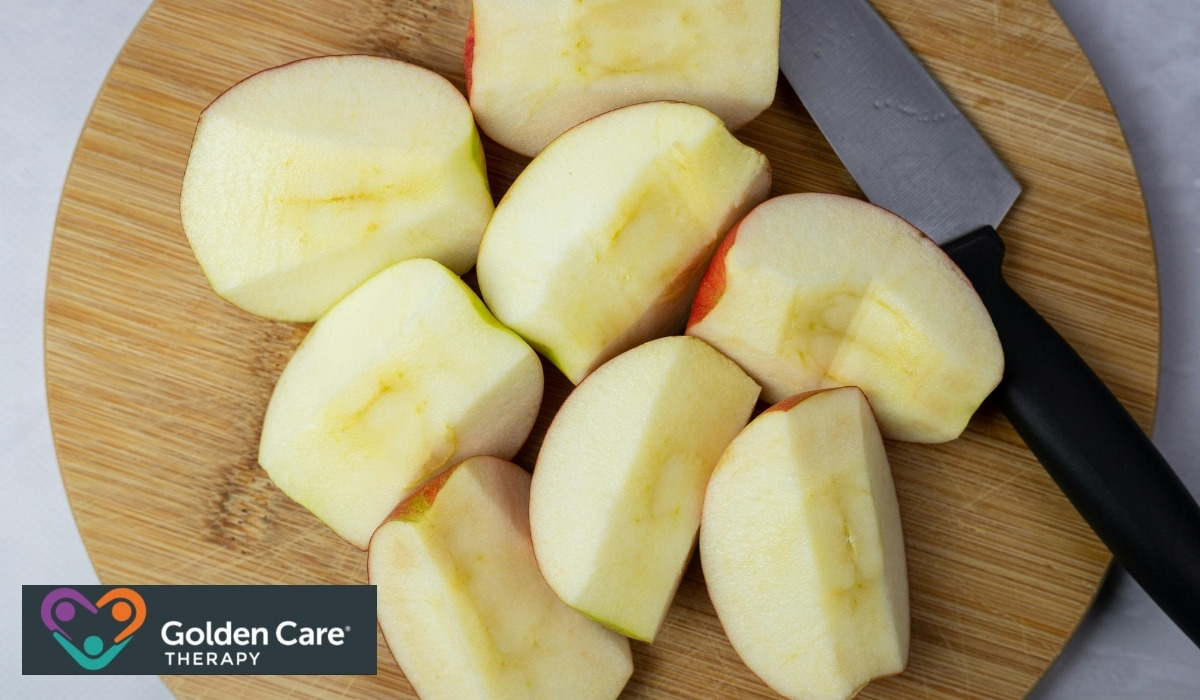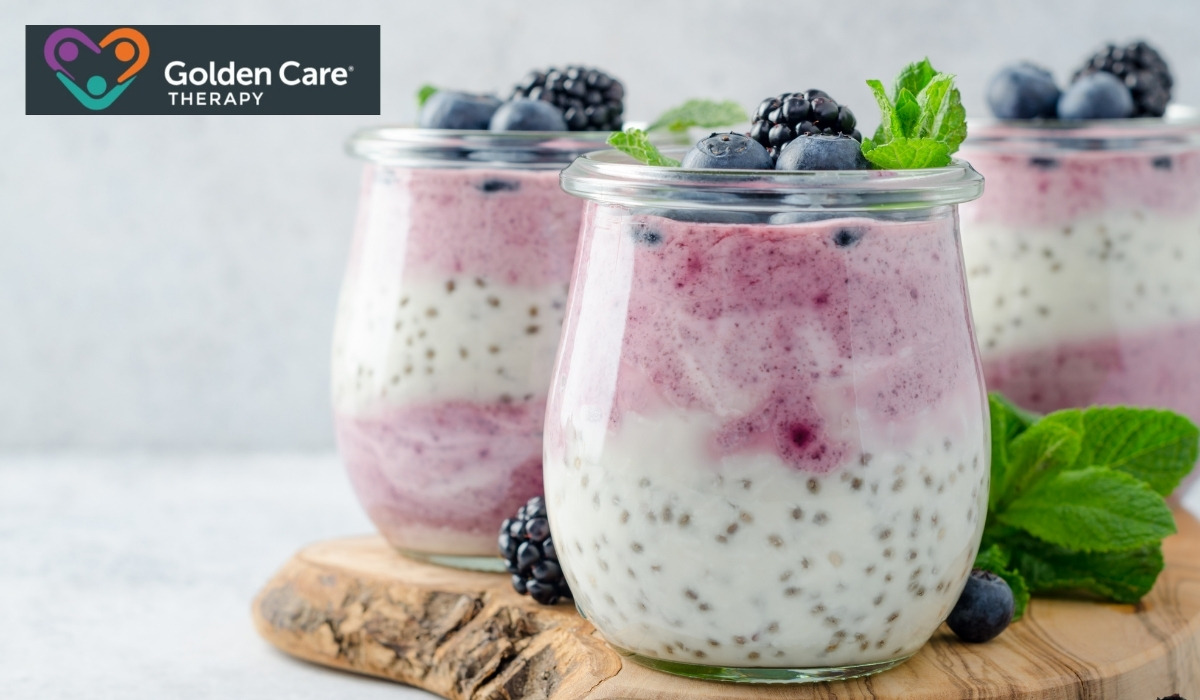Key Points:
- Children with autism often have sensory sensitivities and dietary restrictions, making healthy snack choices crucial.
- Nutrient-dense snacks can help support brain function, mood regulation, and overall health.
- Easy, homemade snack ideas cater to different texture and taste preferences while avoiding common allergens and artificial ingredients.
Snack time doesn’t have to be a struggle. Many kids with autism have food preferences that make it hard to find healthy options they’ll actually eat. But with the right mix of textures and flavors, you can create nutritious, sensory-friendly snacks that fuel their body and mind. Let’s dive into some great ideas!
What are the Best Healthy Snacks for Autism?
The best healthy snacks for autism are nutrient-dense, easy to eat, and free from artificial additives. They should provide protein, healthy fats, and fiber while avoiding common allergens like gluten and dairy when necessary. Many children with autism prefer certain textures, so offering a variety of crunchy, chewy, and smooth options is key.
Nutrients That Support Brain and Gut Health
Children with autism often have gut health concerns, inflammation, or difficulty absorbing certain nutrients. Choosing snacks rich in essential vitamins and minerals can make a big difference in their overall well-being.
Key nutrients to include:
- Omega-3 fatty acids (support brain function and reduce inflammation) – found in walnuts, chia seeds, and flaxseeds.
- Protein and healthy fats (help with sustained energy and mood regulation) – from nut butter, avocado, and Greek yogurt.
- Probiotics and fiber (promote gut health and digestion) – found in yogurt, kefir, and bananas.
- Iron and zinc (support immune function and cognitive development) – from lean meats, pumpkin seeds, and legumes.

4 Easy and Healthy Snack Ideas for Autism
Every child has different preferences, so it’s important to offer a mix of textures and flavors to find what works best. Here are some simple, nutritious snack ideas that work well for children on the autism spectrum:
Crunchy Snacks
Crunchy foods are often soothing for children with sensory sensitivities. Here are some great options:
- Apple slices with almond butter – Provides fiber and healthy fats.
- Carrot or cucumber sticks with hummus – A nutrient-packed alternative to chips.
- Homemade kale chips – Lightly seasoned and baked for a crispy, vitamin-rich snack.
- Rice cakes with avocado spread – A simple, gluten-free snack.
- Roasted chickpeas – High in protein and fiber, with a satisfying crunch.
Soft & Chewy Snacks
Some children prefer softer textures over crunchy ones. These snacks are easy to chew and swallow while still being nutritious:
- Banana slices with peanut butter – Provides potassium and protein.
- Greek yogurt with berries – A great source of probiotics and antioxidants.
- Homemade energy balls – Made with oats, nut butter, and seeds.
- Scrambled eggs or hard-boiled eggs – A high-protein, soft-textured snack.
- Mashed avocado on whole grain toast – Creamy and rich in good fats.
Protein-Packed Snacks
Protein is essential for energy and brain function. Here are some simple, protein-rich snacks:
- Turkey or chicken roll-ups – Wrap deli meat around cheese or veggies.
- Cottage cheese with pineapple – A blend of protein and natural sweetness.
- Edamame pods – A fun, protein-packed snack.
- String cheese or dairy-free cheese – An easy grab-and-go option.
- Tuna salad on whole-grain crackers – High in omega-3s and protein.
Smooth Snacks for Sensitive Eaters
If your child prefers very soft or pureed foods, try these smooth-textured options:
- Fruit and veggie smoothies – Blend bananas, spinach, and yogurt for a nutrient boost.
- Chia pudding – Made with almond milk and natural sweeteners.
- Unsweetened applesauce – A simple, fiber-rich snack.
- Mashed sweet potatoes – Naturally sweet and rich in vitamins.
- Homemade avocado pudding – A creamy treat packed with healthy fats.
3 Healthy Snack Recipes for Autism
If you’re looking for simple, homemade snack recipes, these ideas are easy to prepare and packed with nutrients:
1. No-Bake Energy Bites
These energy bites are easy to make, full of protein, and perfect for picky eaters.
Ingredients:
- 1 cup rolled oats
- ½ cup peanut butter
- ½ cup dried fruit
- ¼ cup ground flaxseeds
- ¼ cup honey
- 1 tsp vanilla extract
Instructions:
- Mix all ingredients in a bowl until well combined.
- Roll into small bite-sized balls.
- Store in the refrigerator for up to a week.
2. Homemade Sweet Potato Fries
A crunchy, nutrient-packed alternative to regular fries.
Ingredients:
- 2 large sweet potatoes
- 2 tbsp olive oil
- ½ tsp sea salt
- ½ tsp cinnamon (optional)
Instructions:
- Preheat the oven to 400°F.
- Slice sweet potatoes into thin strips.
- Toss with olive oil and seasoning.
- Bake for 25 minutes, flipping halfway through.

3. Chia Seed Pudding
A great source of omega-3s, fiber, and protein.
Ingredients:
- 1 cup almond or coconut milk
- 3 tbsp chia seeds
- 1 tbsp honey or maple syrup
- ½ tsp vanilla extract
Instructions:
- Mix all ingredients in a jar or bowl.
- Stir well and refrigerate overnight.
- Serve chilled with fresh fruit.
How to Encourage Healthy Eating for Kids with Autism
Children with autism may resist new foods due to sensory sensitivities. Here are some strategies to make healthy eating easier:
- Introduce new foods gradually – Start with small amounts and pair them with familiar favorites.
- Make food fun – Cut fruits and veggies into fun shapes or arrange them into patterns.
- Offer a variety of textures – Provide crunchy, chewy, and smooth options to see what works best.
- Limit processed foods – Avoid artificial colors, flavors, and preservatives that may impact behavior.
- Be patient and consistent – It may take multiple exposures before a child accepts a new food.
Supporting Your Child’s Development with ABA Therapy
If your child struggles with food aversions, sensory sensitivities, or mealtime routines, ABA therapy can help. Applied Behavior Analysis (ABA) focuses on building positive eating habits, improving communication around food preferences, and reducing mealtime anxiety.
At Golden Care Therapy, we offer personalized ABA therapy programs tailored to your child’s unique needs. Whether your child needs help with food acceptance, social skills, or daily routines, our team provides compassionate support.
If you’re looking for expert ABA therapy in Georgia, New Jersey, Indiana, New York, and Florida, contact us today to learn more about how we can help your child thrive!



